The banking industry has evolved significantly in recent years, with the introduction of cloud-based systems enabling banks to improve their services, reduce costs, and increase efficiency. In this article, we will explore the characteristics of cloud-agnosticism, which is a key feature of BOS core banking system.
Cloud-agnosticism – what does it mean?
Many of the cloud-native or cloud-ready solutions are fully linked to the particular cloud technology suite. It brings a lot of advantages in a solution implementation, its installation and maintenance but in other hand such approach limit potential use of the solution to the chosen cloud and their tools. A cloud-agnostic system is a type of system that is designed to work on any (or almost any) cloud platform. In other words, it is a system that can run on multiple cloud platforms without requiring any crucial modifications to the system and the tools required for its installation, operation and monitoring. This contrasts with non-cloud-agnostic systems, which are designed and implemented to run on a specific cloud platform.
BOS equals flexibility
One of the main advantages of a cloud-agnostic system’s nature is flexibility. This flexibility allows for greater resilience and avoids vendor lock-in. Users can easily switch between cloud platforms if they find a better fit for their business needs, without migrating their entire system. This can save time and resources and allow for greater agility in responding to business and technological requirements. It also allows financial institutions to integrate new technologies and services into their existing systems quickly, without requiring significant changes to their infrastructure or architecture.
Cloud-agnostic systems are also cost-effective compared to non-cloud-agnostic systems since they eliminate the need for banks to maintain their own infrastructure and hardware or paid public cloud tools. This results in significant cost savings for institutions, which they can pass on to their customers in the form of lower fees and better rates.
Users can easily switch between cloud platforms if they find a better fit for their business needs, without migrating their entire system.
Security matters
Cloud-agnostic systems can improve security for financial institutions, as they can choose the cloud platform that provides the best security features. This can help institutions protect their customers’ data and prevent security breaches.
Cloud-agnostic systems can increase innovation for banks, as they can take advantage of the latest cloud technologies and features. This can help financial institutions stay ahead of the competition and provide better services to their customers.
Comparison of cloud- agnostic and non-cloud agnostic core systems
| Comparison | Cloud Agnostic System | Non-Cloud Agnostic System |
| A system that is designed to run on any cloud platform or infrastructure without being tied to any specific cloud provider. | A system that is designed to run on a specific cloud platform or infrastructure, making it difficult to switch to another platform. | |
| Highly flexible and adaptable, allowing the system to run on any cloud infrastructure, including public, private, or hybrid clouds. | Less flexible as it is designed to run on a specific cloud platform or infrastructure. | |
| No vendor lock-in as it is designed to be platform-agnostic and can be easily migrated to another cloud platform or infrastructure. | High risk of vendor lock-in as the system is designed to run on a specific cloud platform or infrastructure, making it difficult to switch to another platform. | |
| More cost-effective as the system can be easily implemented or migrated to a cloud platform or infrastructure that offers the best pricing and performance. | Less cost-effective as the system is tied to a specific cloud platform or infrastructure, limiting the options for pricing and performance optimization. | |
| Highly scalable as it can be easily scaled up or down depending on the changing business needs and workload demands. | Limited scalability as it is tied to a specific cloud platform or infrastructure, making it difficult to scale up or down to meet changing business needs and workload demands. | |
| Highly resilient as it can be easily replicated across multiple cloud platforms or infrastructures, ensuring high availability and disaster recovery. | Less resilient as it is tied to a specific cloud platform or infrastructure, increasing the risk of service disruption and downtime in case of a cloud outage or disaster. | |
| The ability to choose tools supporting the operation of cloud systems that allow for their optimal use in the organization of financial institutions or the capabilities of the provider of technical operations services | Limited to the possibilities offered by native solutions of a specific cloud |
Cloud-agnostic banking systems provide several advantages over non-cloud-agnostic systems, including increased flexibility and scalability, reduced costs, improved security, and unlimited innovation.
BOS is a perfect example of a cloud-agnostic banking system that provides these advantages, making it an attractive option for banks looking to improve their digital capabilities. As technology continues to evolve, it is likely that more banks will move towards cloud-agnostic systems in order to stay competitive in the market.
***
If you want to transform your business idea into a financial masterpiece and need help in implementing a core system for your activity, contact us.

